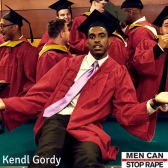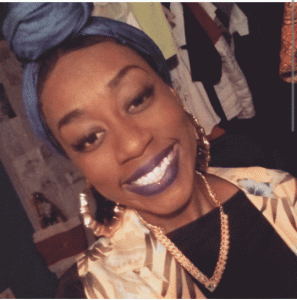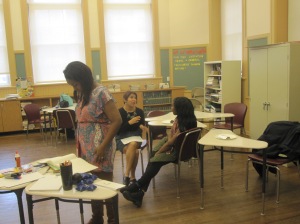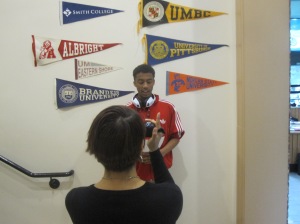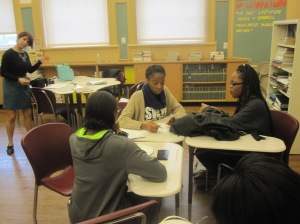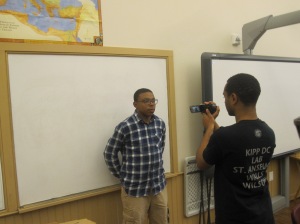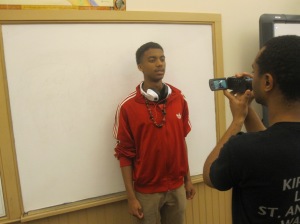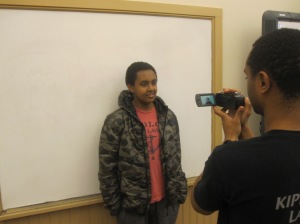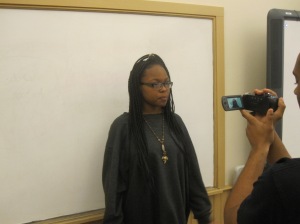![]() Recently, #BlackLivesMatter initiated a campaign with the goal of forcing black issues into the forefront of the upcoming presidential election. The group interrupted candidate Bernie Sanders, Martin O’ Malley and Jeb Bush in the past two months and that has drawn both criticism and support from political pundits and voters.
Recently, #BlackLivesMatter initiated a campaign with the goal of forcing black issues into the forefront of the upcoming presidential election. The group interrupted candidate Bernie Sanders, Martin O’ Malley and Jeb Bush in the past two months and that has drawn both criticism and support from political pundits and voters.
Despite the criticism, #BlackLivesMatter has successfully established themselves as a legitimate organization and a political force that must be reckoned with. By attacking Sanders they were attacking the most popular candidate, which naturally garners attention for their cause. Sanders has taken the attacks seriously and has taken steps to not only appease the activists but prove that he is the best candidate for deconstructing institutional racism and reforming the criminal justice system. Although he hired a black press secretary, #BlackLivesMatter saw that as minuscule and continued to pressure the socialist until he released a comprehensive racial justice platform. The group wants concrete policies from all of the candidates and so far Martin O’ Malley and Sanders have delivered. #BlackLivesMatter has promised to protest all of the candidates and force them to release racial justice platforms throughout the elongated election process.
#BlackLivesMatter was started in 2012 after George Zimmerman was acquitted in the murder of Trayvon Martin. According to their website, “#BlackLivesMatter is working for a world where black lives are no longer systematically and intentionally targeted for demise.”
The activist group has come under fire because many feel that the group is targeting the wrong candidate (Sanders.) However, the groups strategy has been successful thus far: both Sanders and O’ Malley have succumb to the pressure and other candidates are sure to follow suit as they continue to campaign around the country.
Their methods are controversial and it has drawn the ire of many around the country, however, the movement is causing candidates to not only rethink the way that they campaign but their political strategies as well. Now, they must focus on black issues instead of relegating it to the back-burner. That is what this movement is all about: forcing politicians to listen and capitulate to our needs, the needs of the people, instead of vice versa.
Kendl Gordy graduated from St. John’s University with a B.S. in journalism. He has covered multiple Division I sporting events, the U.S. Open and the New York City Marathon. The relationship between Kendl and MCSR manifested itself during his time at Benjamin Banneker High School in Washington D.C. as a MOST Club member. He is now continuing his writing career with our organization as a contributing writer on current events and cultural issues.




